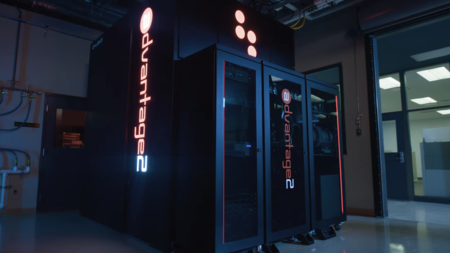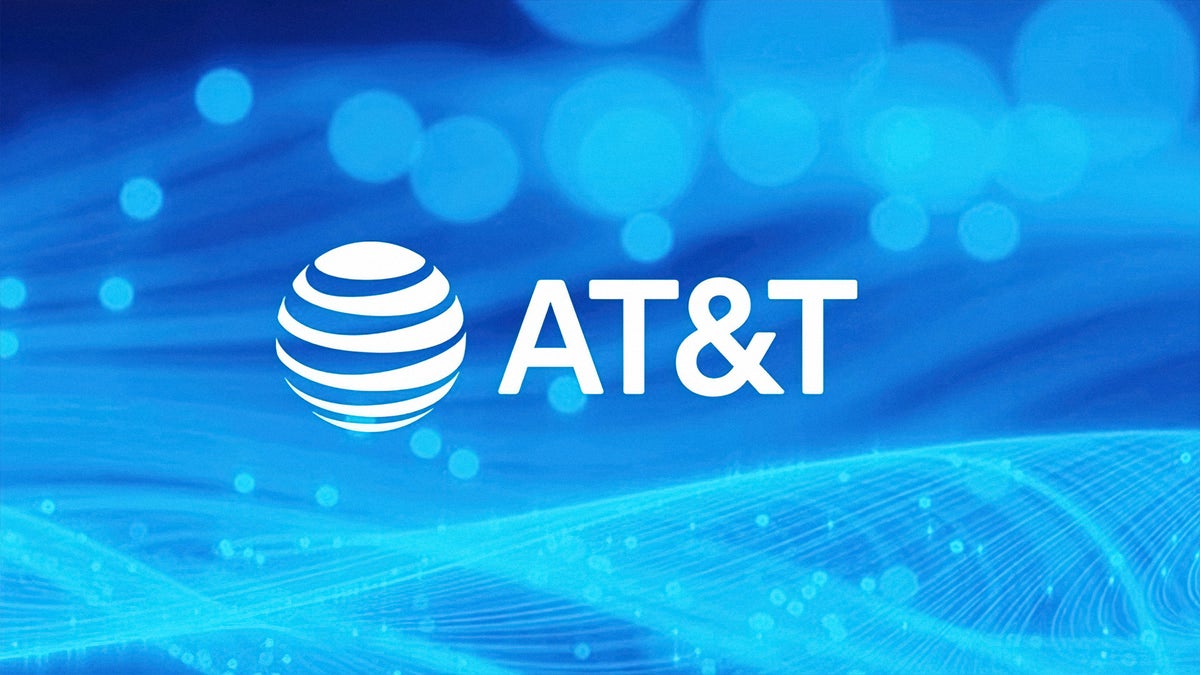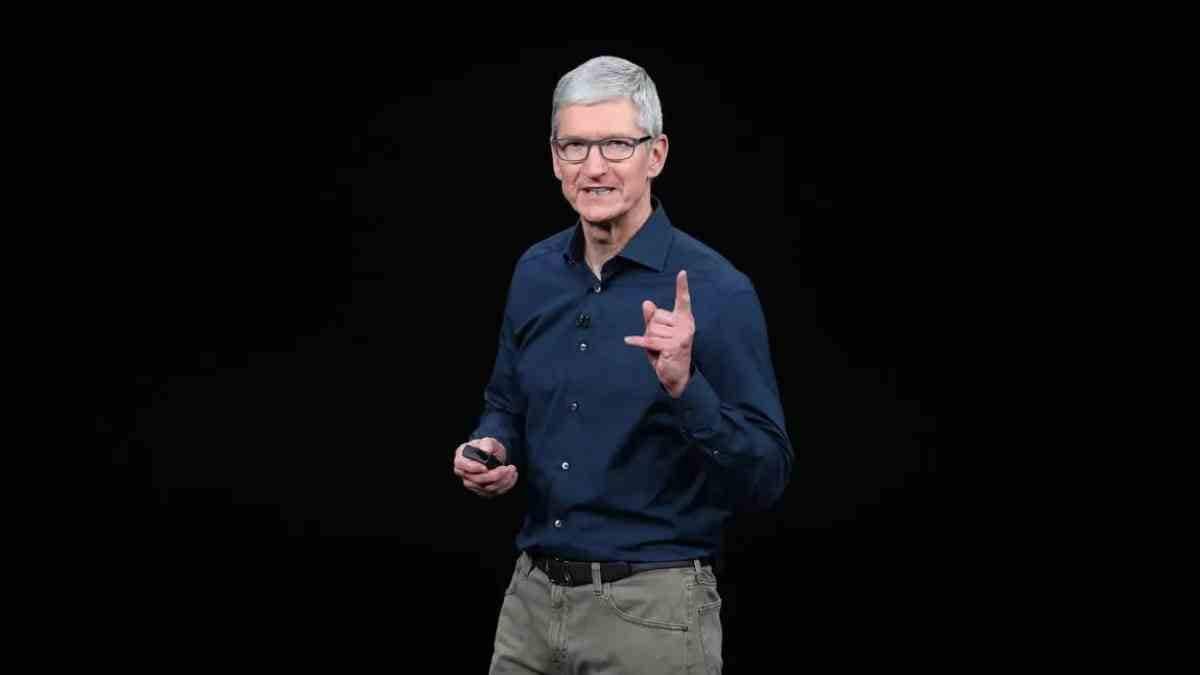The United States has opened a new stage in its industrial policy. This time it is not about aid without return or simple soft loans: Washington is offering millions of dollars to quantum companies in exchange for a share in its capital. The information comes from the Wall Street Journal, which points out that the agreements seek more than just supporting promising companies. The message is clear: the Government wants to ensure a seat at the table for a technology that can reconfigure the economy and global power for decades to come.
The initiative fits into a chain of recent decisions in which Washington has been deepening its presence in sectors considered strategic. The government converted nearly $9 billion in previous aid to Intel into a stake of around 9.9% and gained special rights in US Steel to oversee sensitive corporate decisions. It also supported MP Materials in the critical minerals chain. The signal is clear: when the sector is considered vital, Donald Trump’s White House seeks to stay on board.
When public money also buys influence
Conversations affect some of the most visible names of the American quantum ecosystem. According to the newspaper, companies such as IonQ, Rigetti Computing and D-Wave Quantum are negotiating with the Department of Commerce for the State to enter its capital. Other firms, including Quantum Computing Inc. and Atom Computing, are studying similar deals. Operations would start from a minimum of 10 million dollars per company in this initial phase, with the possibility of more applicants joining as the program progresses.
The conditions are not limited to a mere public investment. The Commerce Department is studying formulas ranging from equity stakes to intellectual property licenses, royalties or revenue sharing schemes. The conversations are led by Paul Dabbar, former quantum sector executive and current number two in the department, according to published information. At this stage there are no closed agreements, but the approach indicates that the State seeks a tangible return and supervision tools.
Washington’s interest is not explained only by financial reasons. Quantum computing is emerging as one of the technologies with the greatest capacity for industrial transformation. These machines promise to solve calculations that would take eons to current systemswith potential applications in fields such as drug design, advanced materials or highly complex chemistry. Adding to this momentum is international competition, with companies like IBM, Microsoft and Google involved and China advancing its own quantum race.

The security dimension adds another layer of urgency. It is projected that quantum algorithms will be able to breach traditional encryption systems, including RSA and ECC, exposing both sensitive communications and critical infrastructure. The risk is not limited to the future: the strategy known as harvest now, decrypt later suggests that malicious actors are already collecting encrypted data for decryption when this capability becomes available. Given this scenario, Fortinet highlights the need to move towards post-quantum cryptography and strengthen networks and systems.
The practical potential of this technology is well illustrated by the pharmaceutical sector. McKinsey highlights that quantum can transform drug development by enabling precise molecular simulations, something that classical calculus and pure AI fail to always capture. Large companies are already testing these systems to study proteins, evaluate chemical reactions or reduce experimental steps. This ability to model complex structures from scratch promises to accelerate research, improve the success rate in trials and shorten times to market for new therapies.
The implementation of this approach is not limited to companies. According to the Wall Street Journal, the Commerce Department reorganized the office responsible for the scientific side of the CHIPS program and recovered several billion dollars that had been allocated to previous technology initiatives. The political message is transparent: the Executive wants public investments to be measurable and for the State to have mechanisms to benefit when the funded projects mature, especially in sectors with high strategic involvement.

The shift raises dilemmas typical of a more interventionist model. Public participation can facilitate stability in strategic sectors, but it also opens the door to conflicts between technological, industrial or political priorities. The central doubt is to what extent the presence of the State will affect the pace of decision and the flexibility that the most competitive sectors demand.
There are still relevant unknowns. The final percentages that the State could reach or the exact conditions that would accompany the participations are not known. According to the information available, the agreements are still in the negotiation phase and could be modified before being closed. It also remains to be seen what commitments will be required of companies and whether there will be associated performance or governance criteria. At this point, the process is moving forward, but a definitive schedule for awards or formalization of agreements has not yet been announced.
Images | Dynamic Wang | D-Wave Quantum | WorldOfSoftware with Gemini 2.5
In WorldOfSoftware | The United States and China have finally met to resolve the trade war: one will give in on tariffs, the other on rare earths












